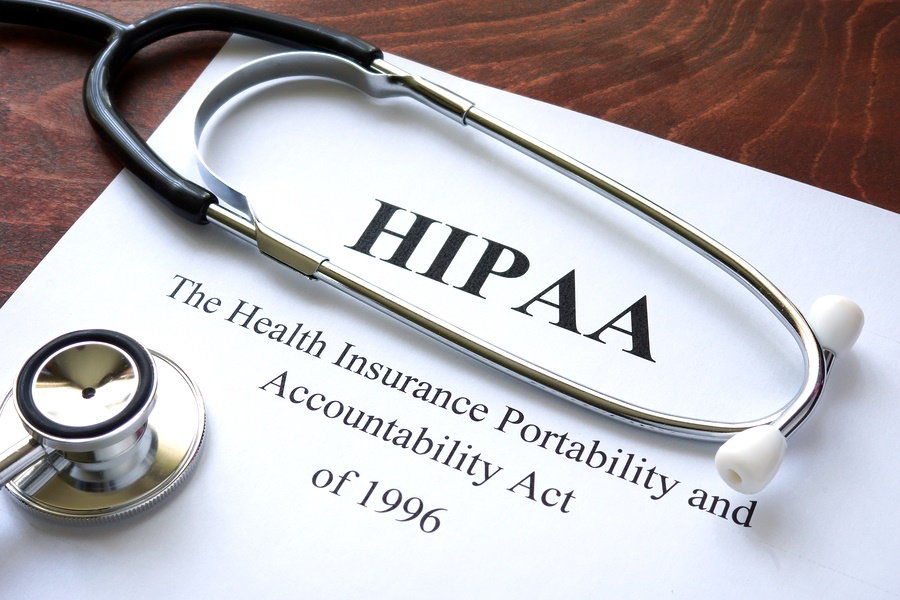For my Unit 2 projects, I have decided to explore the evolution of medical privacy. In the past, companies used to receive detailed updates regarding employees’ health insurance and there were no firm rules about who can access your medical records. Then, in 1996, HIPAA was formed and its laws standardized the ‘right way’ to handle sensitive patient information.
So what changed? Why was medical privacy important all of the sudden? And how did regulations like HIPAA change the ways we share data and resources? How has the research community been affected by these regulations- is it possible that these laws slowed down major discoveries that could potentially save thousands of lives? These are the questions I would like to address in my Unit 2 projects, in which I would specifically focus on how medical privacy changed throughout the last century and the positive and negative consequences of it.
Some resources that I will use to support my arguments include:
1. United States Department of Health and Human Service (HHS)
(https://www.hhs.gov/hipaa/for-professionals/privacy/index.html)
(Summary of the HIPAA Privacy Rule | HHS.gov)
2. CDC
(Health Insurance Portability and Accountability Act of 1996 (HIPAA) | CDC)
3. NIH
(HIPAA Privacy Rule and Its Impacts on Research (nih.gov))
4. Johns Hopkins Medicine
(HIPAA Questions and Answers Relating to Research (hopkinsmedicine.org))
5. JSTOR and PubMed- there are many public health reports and publications about medical privacy and the shift from paper to electronic resources for patient data


I think this is a really interesting topic. I personally, don’t know much about this topic, but from what I am reading in your blog I really look forward to learning more. Your sources also seem really good, and informative. Good luck!
This is such an interesting topic! HIPAA is a huge deal in the medical industry. If you need some anecdotal evidence, I saw SO MANY HIPAA violations in my work at the hospital that would be interesting to mention. I can’t wait to read this! It’s so important in medicine.